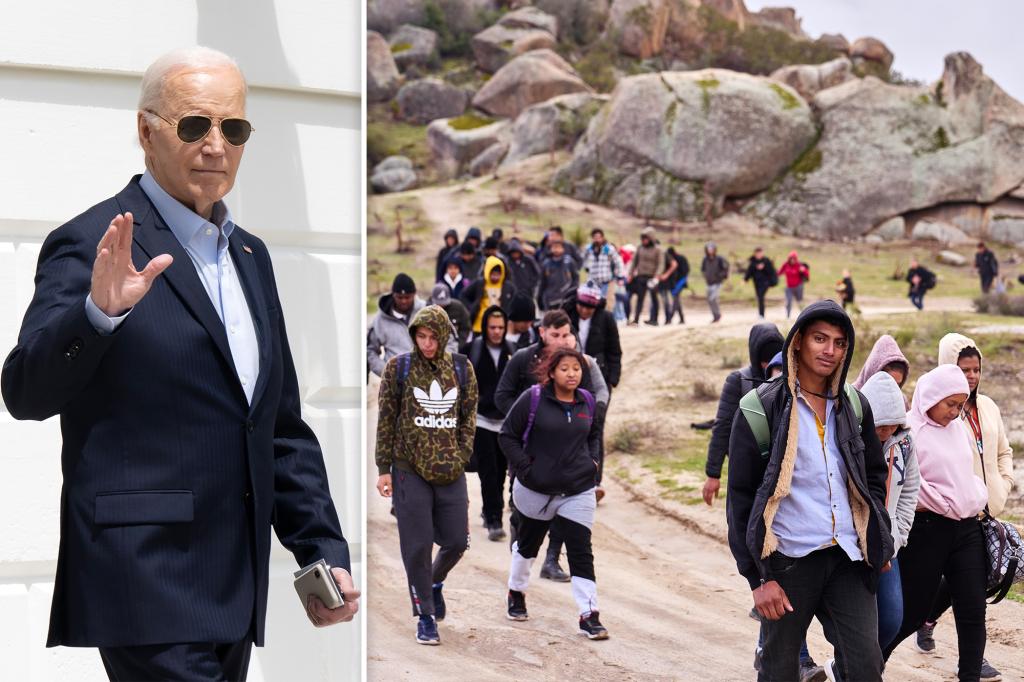The Biden administration’s Cuban, Haitian, Nicaraguan and Venezuelan parole program has allowed around 400,000 migrants into the US, with the possibility of staying indefinitely. This program began in October 2022 and was expanded to allow 30,000 migrants per month to enter the US for up to two years for urgent humanitarian reasons or significant public benefit. Department of Homeland Security data reveals that by the end of February, 400,000 migrants have taken advantage of the program, equivalent to 1,000 people per day. Immigration experts believe that this significant influx is unlikely to return home after the two-year parole period ends.
Parolees have three options after their two-year period expires – the DHS can extend their parole period, they can hire a lawyer to establish legal residency, or they can illegally overstay in the US. The Biden administration is not likely to hunt down parolees who overstay, according to former ICE director Tom Homan. However, under a second Trump administration, migrants overstaying may become a target for removal. Former ICE field office director John Fabbricatore warned that if parolees are not removed, many are likely to overstay and be added to the non-detained ICE docket, which already has around seven million cases being monitored.
Retired Deputy Patrol Agent in Charge of the El Paso Station Clay Thomas believes that parole periods will likely be automatically extended because it is the easiest option and tracking down tens of thousands of people would be nearly impossible given the volume of migrants arriving in the US. Migrants on parole have various legal options to extend their stay, including applying for permanent residency, visas, asylum, or Temporary Protected Status (TPS). Most commonly, Venezuelan, Haitian, and Nicaraguan parolees often apply for asylum while in the US.
The CHVN parole program has seen most migrants paroled into the US landing in Florida, with roughly 80% of them going to Miami, Ft. Lauderdale, Orlando, and Tampa Bay. Miami-based immigration attorney Maria Herrera Mellado states that her Cuban and Venezuelan clients arriving through the program are staying in the area to reunite with their families. The DHS recently disclosed data showing that there is a long line of migrants waiting to be accepted into the program, with 1.6 million applications awaiting approval. The subpoena from the House Homeland Security Committee has brought attention to the significant number of migrants being allowed entry into the US and the potential impact on the immigration system.


